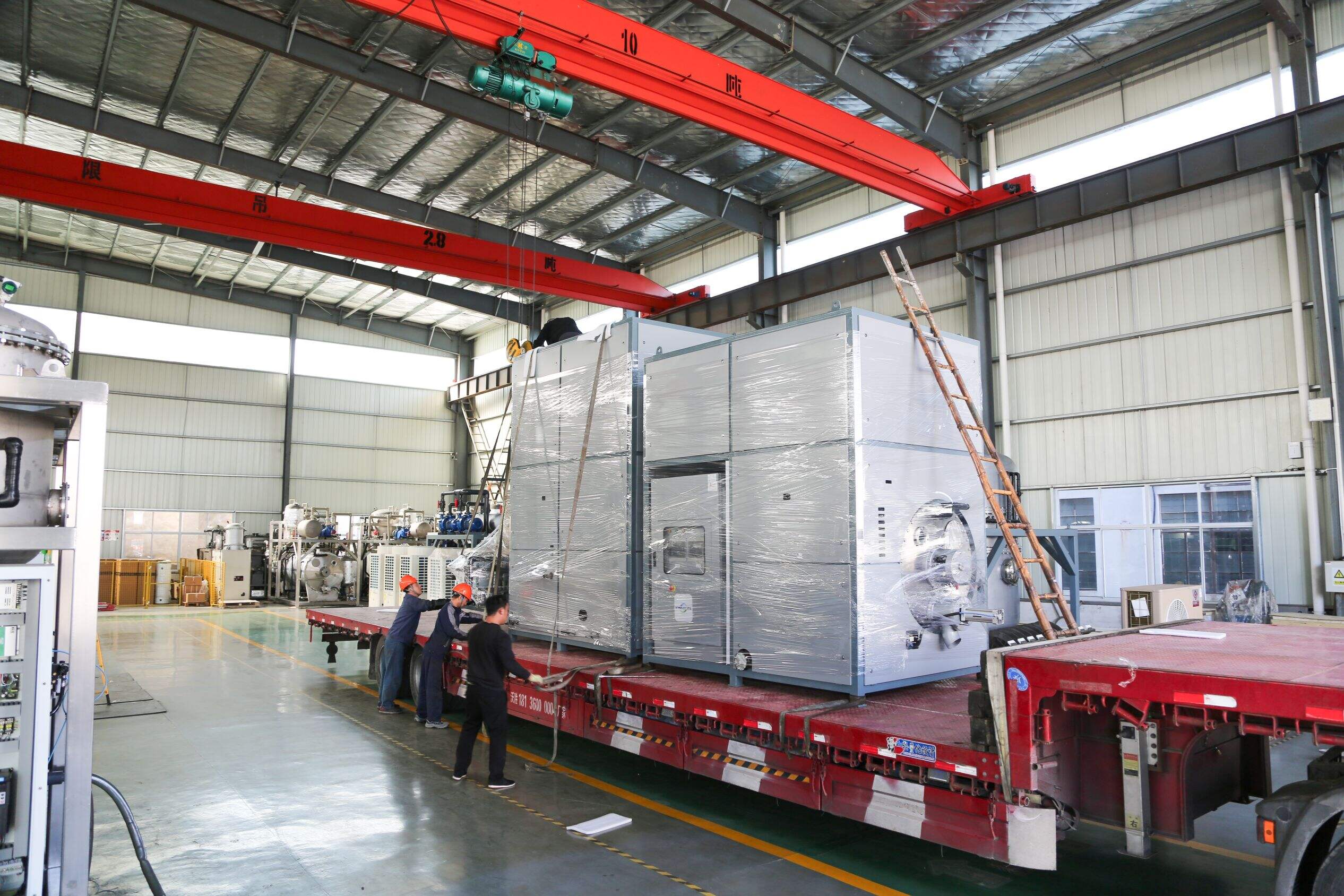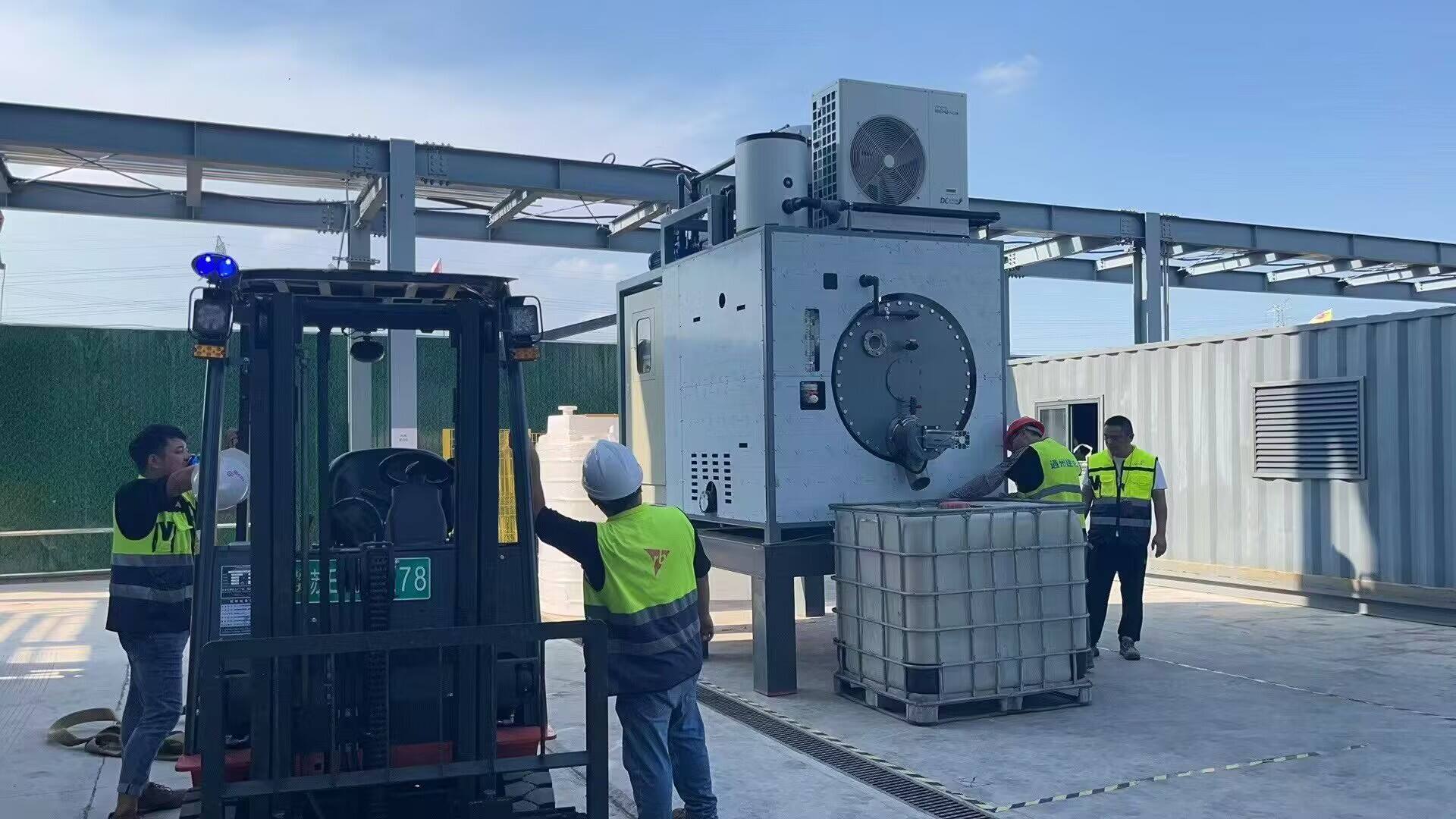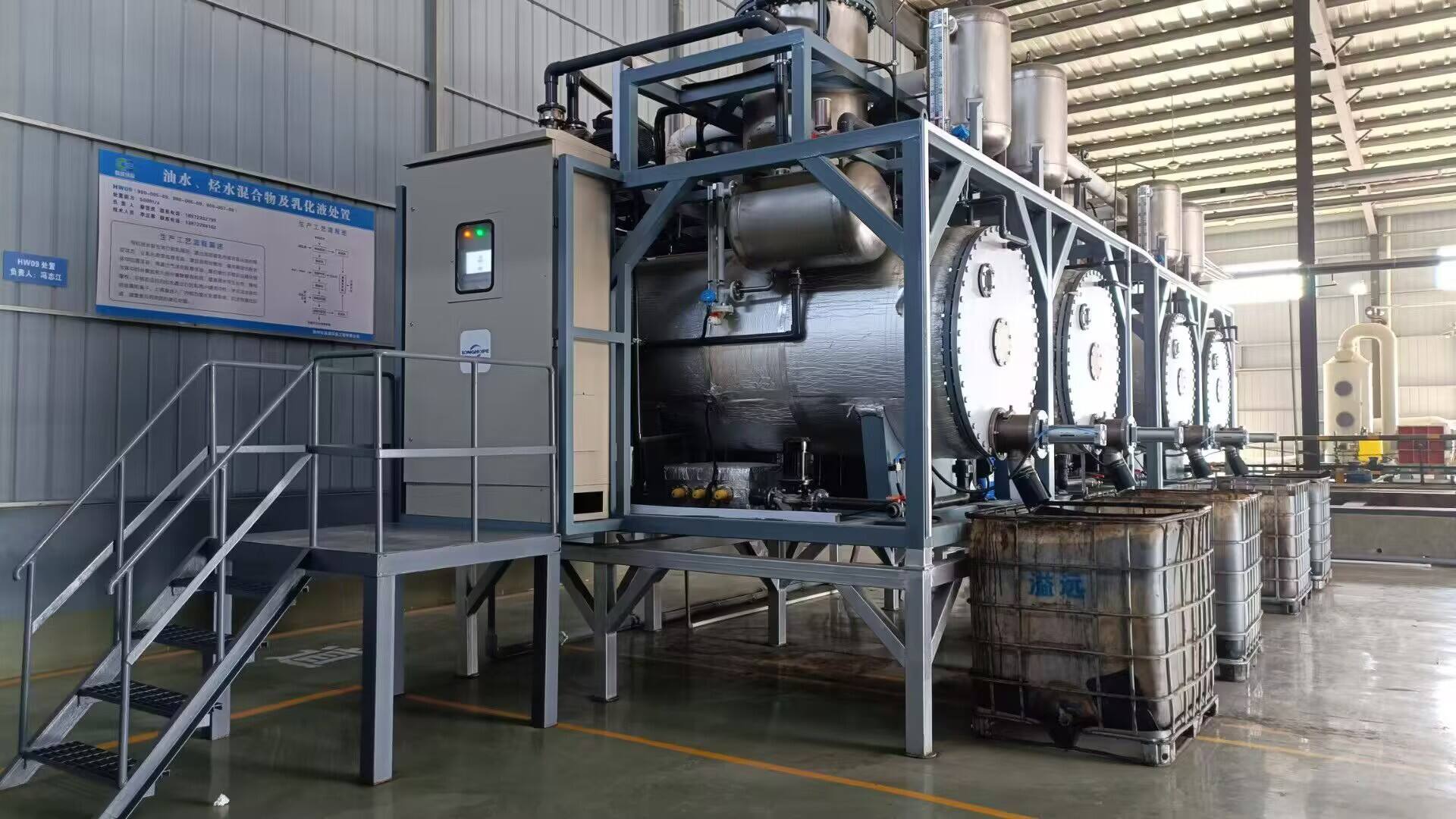industrial water treatment process
Industrial water treatment is a comprehensive process that transforms raw water into purified water suitable for various industrial applications. This sophisticated system employs multiple stages of filtration, chemical treatment, and purification to ensure water meets specific quality requirements. The process typically begins with preliminary screening to remove large particles, followed by chemical coagulation and flocculation to aggregate smaller contaminants. Advanced technologies such as reverse osmosis, UV disinfection, and membrane filtration are then utilized to eliminate microscopic impurities. The system also incorporates real-time monitoring and automated control systems to maintain consistent water quality. Industrial water treatment serves crucial functions in manufacturing, power generation, pharmaceutical production, and food processing industries. The process is designed to remove suspended solids, control pH levels, eliminate biological contaminants, and reduce mineral content. Modern treatment facilities utilize sustainable practices and energy-efficient equipment to minimize environmental impact while maximizing treatment effectiveness. The system's modular design allows for customization based on specific industry requirements and water quality standards.


